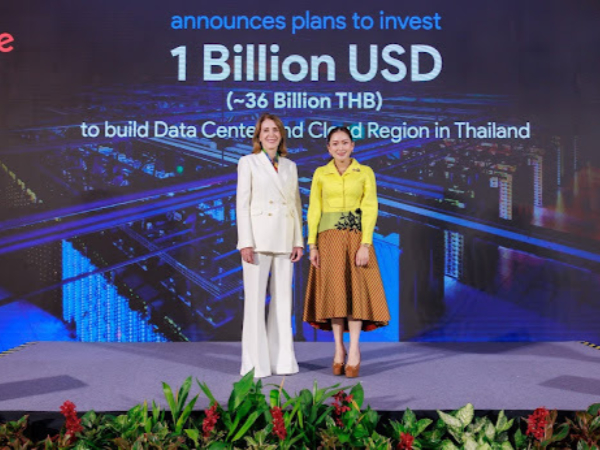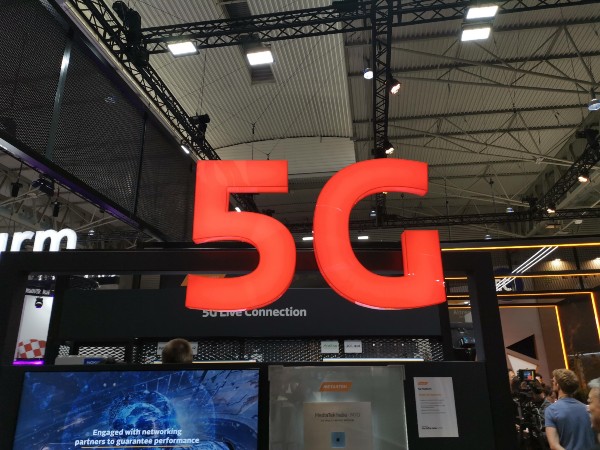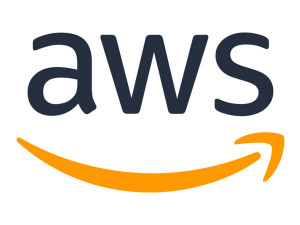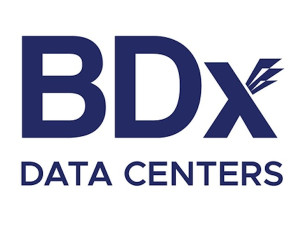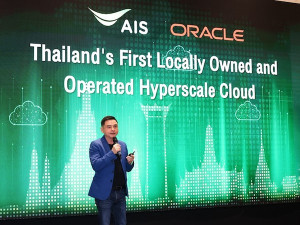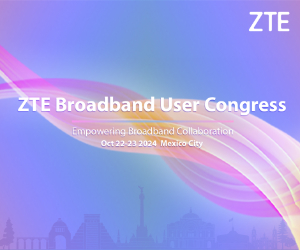The pandemic accelerated digital transformation faster than anyone could have anticipated, and service providers have needed to adapt just as quickly. In regions such as Southeast Asia, the scale of the challenge is clear – a colossal population which previously had more limited internet access has suddenly shifted to conducting the majority of its business online.
Data centre activity has ramped up in the region, and while enterprises have adapted, they know that the situation is constantly in flux and demand is only increasing. Against this backdrop, we spoke to Epsilon’s Managing Director for Asia-Pacific Warren Aw to discuss how the firm’s Infiny network-as-a-service platform offers companies and organisations flexible connectivity with a built-in global ecosystem.
Talk us through Epsilon’s network-as-a-service platform – why is it so relevant in SE Asia?
We call it Infiny – we developed it in-house three years ago, so it’s not new to us. We were one of the earliest organisations to provide such a service. It removes a lot of the complexities from ordering network services; traditionally when someone wants to order a network service, they have to call someone, get a quote, decide if they want to go ahead, sign an order form, there may be some back and forth and then it comes time for provisioning – and this could be anything from 4-12 weeks – and when it’s time to upgrade, this entire process has to be repeated. Infiny removes all these complexities – if a customer has registered an account with us and ordered a port with cross-connect, this is essentially an order from the data centre so it will require the normal lead time. As long as those components are ordered, they can go to the platform online, pick the locations they want to connect, check the pricing, click ‘Order’, and then the service will be provisioned in near-real time. For example, if they require more bandwidth in six months time, they can go back to the Infiny portal and go through the same quick process to upgrade it. This makes things much easier by removing a lot of complexities.
There are a couple of factors that make this particularly relevant in the Southeast Asia region. The first is the proliferation of cloud service providers – AWS, Azure, AliCloud, etc – and the second is that adoption has rapidly increased as a result of the pandemic. Two years worth of digital transformation happened in around four months, and this has hugely boosted adoption which in turn has resulted in more eCommerce firms, each with their own user base. As they gain customers, these companies need more cloud computing resources – their cloud experience is only as good as their connectivity. That’s where we become relevant – the key value proposition of cloud is agility and flexibility, but if you look at the connectivity space it’s not like that – there’s a traditional way of doing things, so if a provider needs to connect to the cloud there’s typically a minimum 12 month contract.
Infiny actually compliments the cloud service providers because it’s agile – our contracts are flexible, with a minimum of one month. When organisations order cloud services and need connectivity to use them, they look at Infiny and realise it’s end-to-end and effectively pay-as-you-use. This has made the service increasingly relevant in this region.
The need for scalability and agility is very important in this market. Data centre activity is also exploding in this region – is this driven by the increasing prevalence of cloud service providers?
Absolutely, it’s a chain of events – with cloud adoption going up, it leads to a need for more space and power, and that requires more data centres, so organisations start building them. However, they don’t exist as an island – they need to be connected, and that’s another area where Infiny can play a part. It has an ecosystem of 250+ data centres globally, and it’s connected to all the major cloud service providers and internet exchanges, so it helps customers become part of this ecosystem.
Either the data centre can get connectivity the traditional way by approaching different service providers and telcos, offering rack space etc, but alternatively with Epsilon we can connect the data centre to the Infiny platform to give it immediate access to the existing ecosystem. This makes the data centre more valuable to potential customers – if they’re considering collocating in a data centre, they’ll want to know about its ecosystem and how easy it is to connect to their desired markets. If we look at a market like Indonesia, we can play a part by making the data centres more available to investors and potential customers, as well as making it easier for them to get more customers on board and therefore do more business.
What are the key issues surrounding security in this ecosystem?
The connectivity portion of Infiny is run through a Layer 2 network – it’s not connected to the public internet, and in a sense this removes most cybersecurity threats. A lot of organisations use public internet when they begin cloud adoption; we’re connecting our customers directly to cloud service providers using a private Layer 2 MEF-certified network. It doesn’t go through the public internet at all, and more and more organisations are looking for this kind of cloud access – it’s something cloud providers are all offering. We use this option as cyber threats are increasing everywhere – they’ve risen tremendously during the pandemic, so internet connectivity increasingly requires different kinds of systems to increase the security posture. This service is essentially a private network; the customer doesn’t face the public internet.
How do you see Infiny evolving in the Southeast Asia market?
It’s really about adoption; if you look at Indonesia, the population is around 271 million. The Philippines is 108 million; Thailand around 69 million. From there, with the pandemic going on, it changes peoples’ lives. They’re getting used to working and living in a different way, and once this becomes normal then going to eCommerce websites to buy food, daily necessities or indeed anything is also normalised. Once adoption of such services grows, we’ll start to see more eCommerce organisations appearing in the region, and this will increase the need for cloud services. In turn, this creates a value chain – adoption of Infiny will increase. This process is still going on, but that’s for CSPs – if you look at the data centre industry, you see a lot of new entrants. There’s money being put into different data centres worldwide, and this will be going on for at least the next 3-5 years – and with more data centres, Infiny will only become more relevant. It’s a very exciting time for Infiny - the process that was accelerated so much last year is set to continue.


